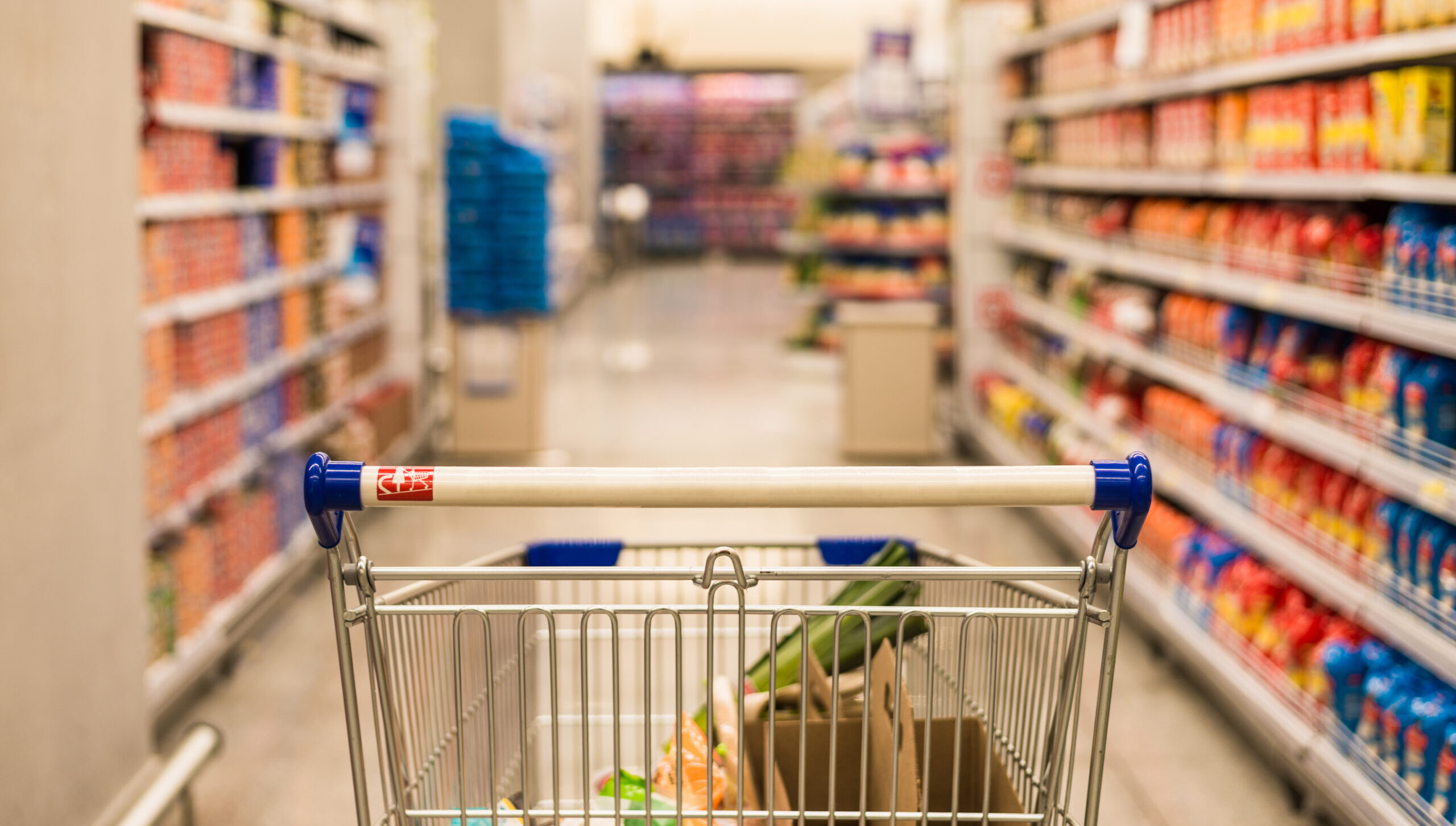1Sarj Patel, Pasture Lane Stores, Sutton Bonnington, Leicestershire
“My store is in a rural area and a lot of my customers don’t want to pay for the petrol that will get them to the local supermarket. It means there’s a bigger demand for grocery items in store – and customers are coming in to buy little, but more often, too.
“I focused on developing and improving my grocery range throughout January, during a time where other categories, such as alcohol, dropped off after Christmas. “It’s also becoming a lot harder to get some products from wholesalers, such as eggs and Nestlé Coffee Mate. While the cost-of-living crisis is causing a lot of problems for our customers, it’s starting to effect the whole supply chain, too.
“One area that is still doing well is our ready meals. Booker does a promotion of two meals for £5, which has proved popular. While people are feeling the effects of rising prices, they’re also as busy as ever, so products like these are essential.”
2Samantha Coldbeck, Premier Wharfedale, Hull
“Although we’re not technically there yet, I’ve always said that operating in a cost-of-living crisis is like being in a recession – and that is when small shops come into their own, like they did during the pandemic.
“Over the past 10-to-15 years, we have been working with suppliers and wholesalers to make sure stores like ours can be a smaller version of a supermarket. That means having categories such as fruit and vegetables, chilled, butchery-standard meat as well as household products. This means customers can do a full shop with us if they need to.
“After that, it’s about having polite, friendly staff and making sure there aren’t huge queues at the tills. There’s very little for customers to depend on at the moment, but one thing they should be able to know is that their local shop is always there for them.”
3Amit Patel, Stratford Post Office, east London
“Our store now has price-marked products in almost every category, including soft drinks and confectionery. We only make around 18% profit on these products, but a lot of our customers are struggling with their bills, and stocking price-marked packs shows them that they are getting good value and that we’re offering a fair price.
“As a Post Office store, we see a lot of customers come in to pay their bills. They used to come in and buy a drink, some sweets and maybe a magazine, but this happens a lot more rarely now – they’re putting all the money that they can on to their gas or electricity meters. There is another business nearby that has a PayPoint and Payzone terminal, and they only let customers top up £20 at a time. To help our customers out, especially in the current economic climate, we let them top up £50, £60 or even £100 at a time.”



Comments
This article doesn't have any comments yet, be the first!